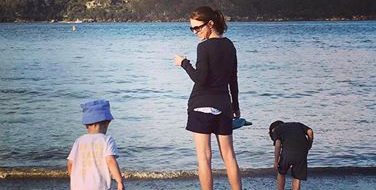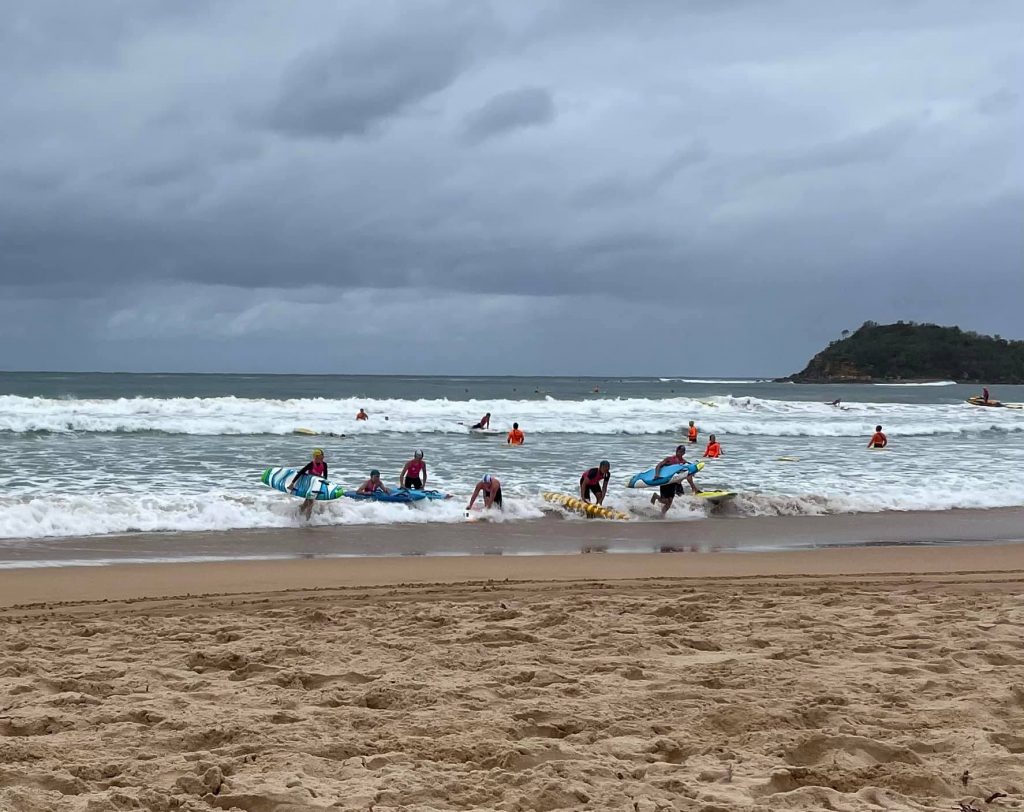The other day I was stretching in the park after a run and the owner of the local pug (the one who told me about dog therapists) walked by. He asked if I was multitasking, because I was contorted into a pretzel shape while reading from my phone, and I made a joke about being old and needing to stretch for hours after a run and that got us into a talk about a neurological issue he’d had after years of running and skiing and tennis that had nearly sent him to a wheelchair but, instead, relegated him to solely walking for exercise. We talked about all the activities that had doomed his spine, and how those same activities had probably put him in better shape to heal.
I’m imagining what the world would look like if some stories were never told. More importantly, I’m imagining what it will look like when they are.
This is what keeps me writing: the need to tell stories that are true, and that are particular and personal and also somehow universal. There’s an old adage that, when writing, the more specific the writer is, the more relatable they will be. Those who are willing to face all the facets of their own stories will be met with recognition by those brave enough to see themselves there, in those stories too: in their spectrums of love and hate, peace and turmoil, victory and failure, joy and pain.
The Kid, as I’ve mentioned before, has been announcing to people he meets that he has autism. Most recently he did this next door, at a dinner our neighbours hosted, to another family. Per usual, they were taken aback and responded kindly. A few minutes later I was talking TK through a tough moment and afterward, the mom of the other family related to me that her good friend has an autistic daughter, and we talked more in-depth about the particularities that are also universalities: the difficulties of child-rearing and discipline and…well, love.
Later, we were watching Harry Potter and TK and Little Brother were asking for more details on Harry’s scar: how his mother’s love both protected him and led to that lightning bolt on his forehead, but also something deeper than the visible scar, and somehow even more real:
I’ve learned that love breeds curiosity. A willingness to ask questions and wait to hear the answers. A patience to watch labels unspool into stories and a humility to see ourselves not outside of, but within those stories. I’ve learned that this world is made more for the people who tell only certain kinds of stories–people of a certain colour, or ability, or preferences–and how I’ve benefitted from being in those groups and having my own story told by default. And I’ve learned that there are other stories that deserve, and demand, to be told: stories that begin with “I have autism” or any other number of introductory lines that may start off differently from what we’re used to but, in their specificity, align with our own stories until they all become one, told and listened to by anyone brave enough to hear.

